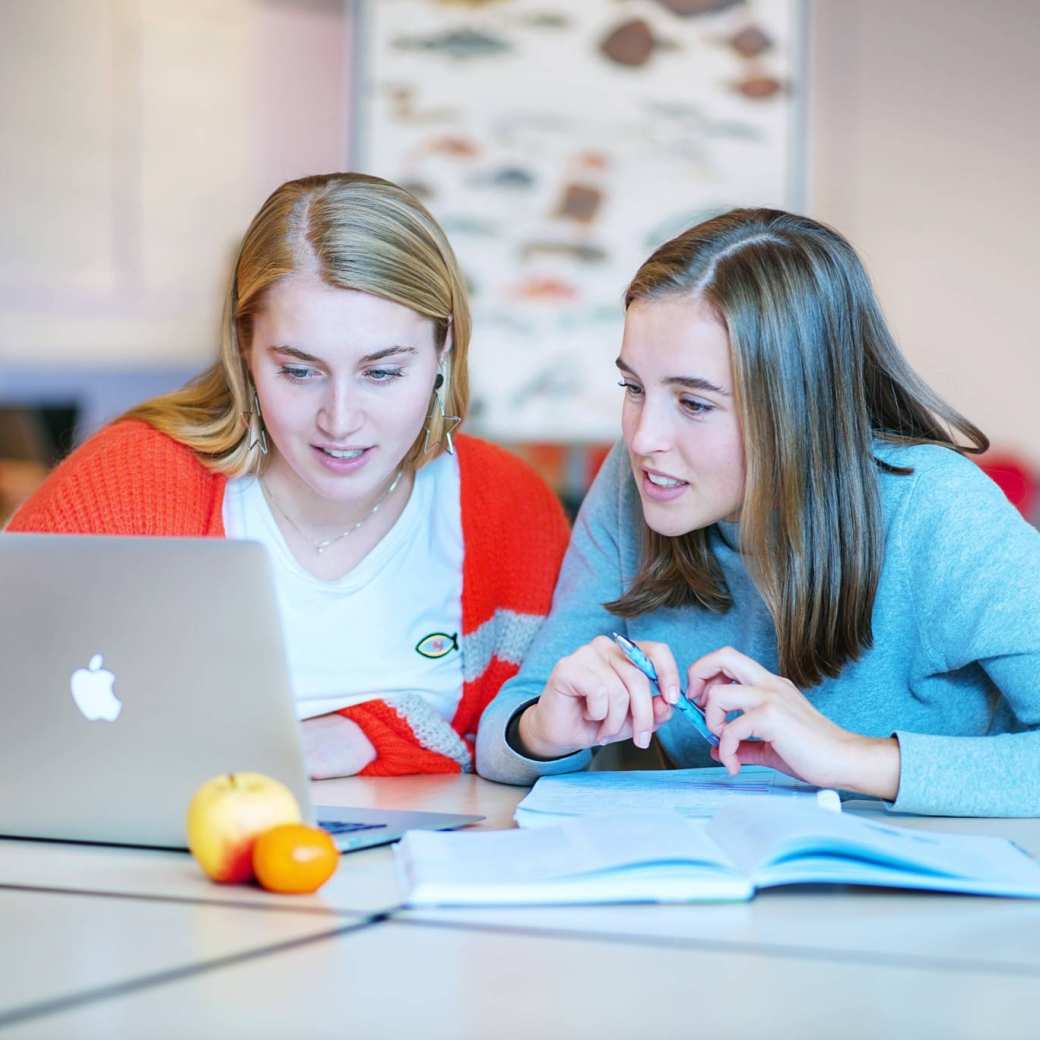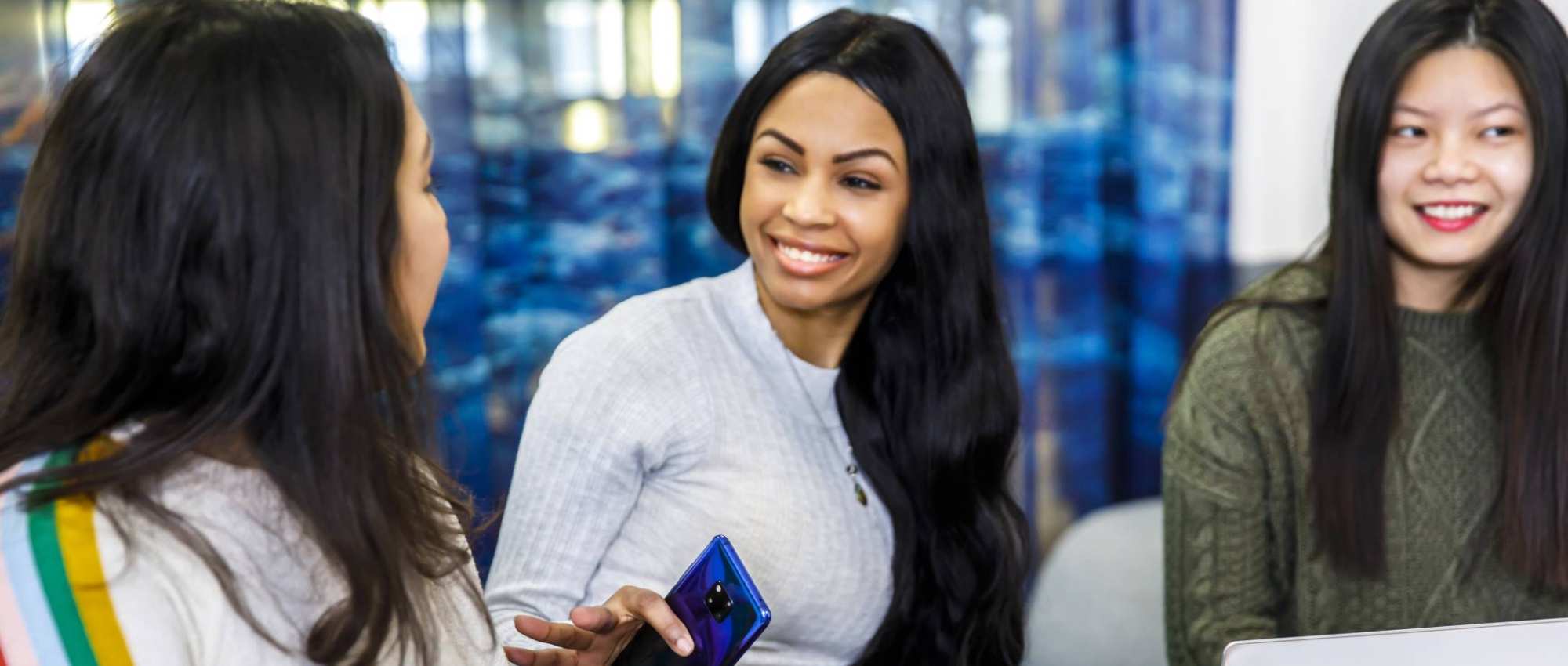Health Professionals in International Perspective
You learn about various cultures. Types of communication. International health guidelines. Learn to become more sustainable as a health pro. Carry out lifestyle interventions. To large communities or small groups. You learn this and more!

The program in a nutshell
Your classes and workshops take place Monday through Friday. You take in various lectures. And assignments in small groups.
Choose the parts you’d like to follow
Health Professionals in International Perspective is offered in 4 parts. Each is worth 7.5 ECTS credits. You can choose to follow the parts that interest you. Find out about the learning outcomes and dates for each part.
- Part A: Food and culture around the globe
- Part B: The international health professional
- Part C: Trending topics and social media
- Part D: The health professional as a global citizen (sustainability)

Program details
Learning outcomes
Your learning outcomes for this exchange program depend on which parts you follow:
- Part A: Food and culture around the globe
- Part B: The international health professional
- Part C: Trending topics and social media
- Part D: The health professional as a global citizen (sustainability)

Competences
You strengthen these competence areas during the program:
- Intercultural communication
- Interdisciplinary cooperation in health
- Design thinking
- Global citizenship in health
- Trending topics in social media

Dutch way of learning
The atmosphere in a Dutch classroom is quite informal and your lecturers are easy to talk to. In fact, at HAN you’re seen as a partner in the learning process. Class sizes are small and your lecturers encourage you to actively participate in class. To ask questions and give your own opinion. They also stimulate you to be creative and to discover things for yourself.

HAN International Intro
Get a good start to your studies during this week of orientation:
- learn about living in the Netherlands
- become familiar with the campus
- get on board with your exchange program
- make new friends!

What about credits and grading?
At HAN we use the European Credit Transfer and Accumulation System, or ECTS. It’s the standard credit system used in higher education across Europe. How does it work? One credit = 28 hours of study. Think of contact hours. Time spent working on assignments. Preparing for exams.
One semester = 30 credits = 840 hours of study. To earn credits, you need to pass your exams. What counts as a pass? A grade of at least 5.5.

Admission
What are the admission requirements? And how do I apply?
